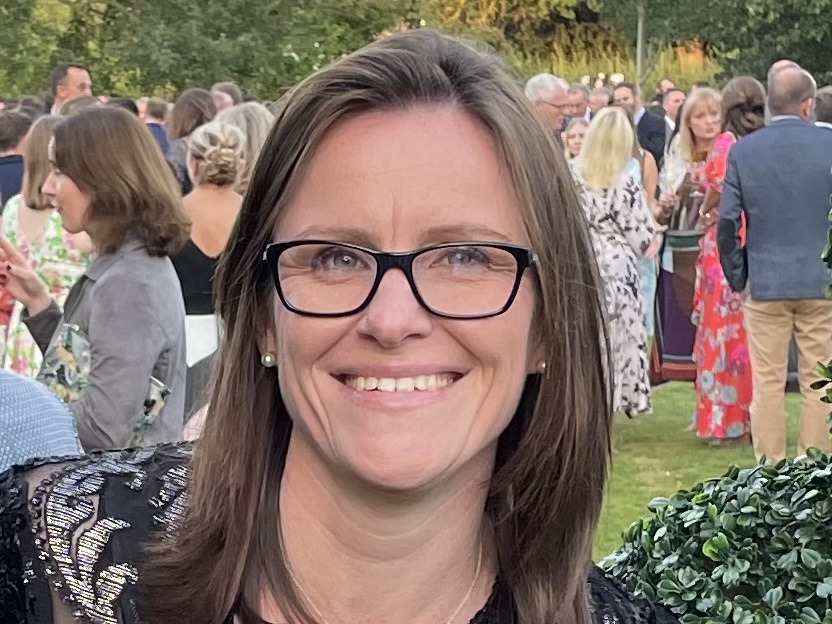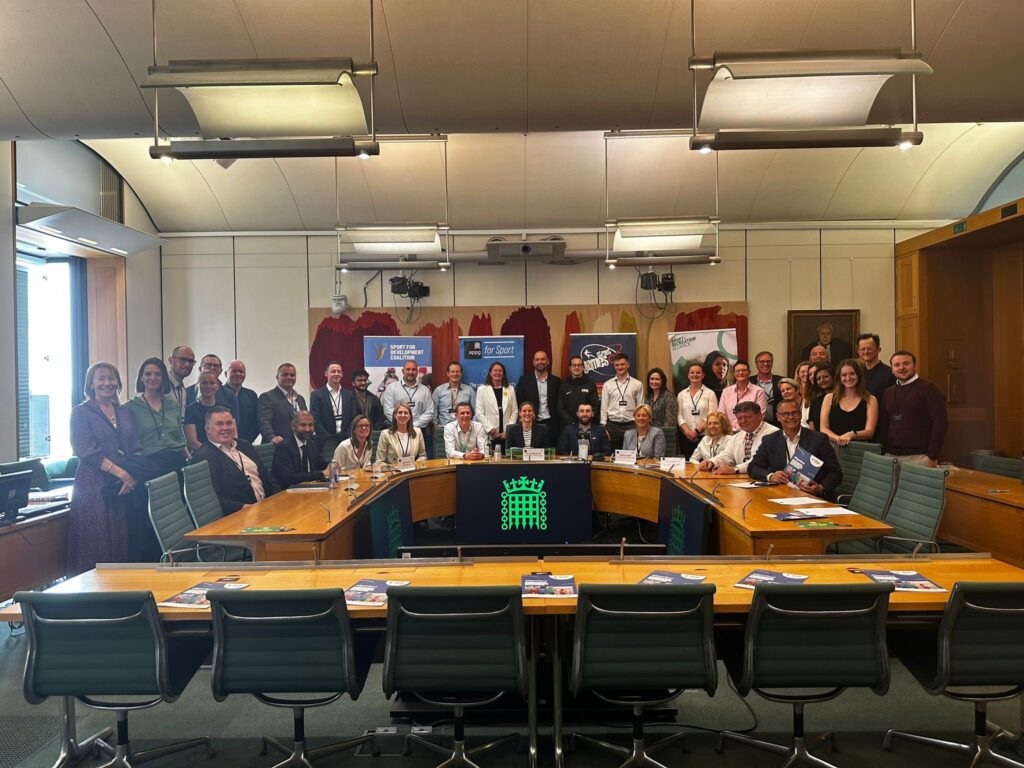Huddersfield-based boxing club RABC typifies the immense impact of sport for development.
Mark, who runs the initiative, teaches kids how to step and jab but his work packs an almighty punch outside the ring.
He is a figure of trust in a community where gangs have taken a hold. “I go out there and talk to the kids about knife crime and the choices they’re making,” he says.
That outreach makes a massive difference in creating a safe space. But it is also under threat, he acknowledges, from cost of living pressures that force parents to choose between sessions and supper – backed up by the latest Pulse survey delivered by Sported and home security company Ring which underlined how over three in four grassroots groups fear participation levels will drop due to the economic climate.
That urgent jeopardy is a message Sported took to the UK Parliament on Wednesday with the charity’s chief executive, Sarah Kaye, joining other organisations in raising the issues in play with the All-Parliamentary Group for Sport, chaired by Kim Leadbetter MP.
“Survival is a very real challenge that many of these community groups face,” Kaye told the meeting. “Many need our support to keep going.
“54 per cent are entirely run by volunteers, with over 50 per cent of the 3,000 clubs we work with operating in the most deprived areas of the country.
“Organisations like ours in the sport for development sector are able to reach some of these communities in a way that other sectors can’t – offering a range of support that is tailored to their needs.
“The connection that the sport for development sector has with these groups, many in hard-to-reach areas, enables us to be the bridge between policy-making and delivery.
“Over half aren’t linked to sporting governing bodies or any other voluntary or umbrella organisations.
“And due to the fragmented nature of the sector, this can be a challenge for funders. The need is widely-recognised but the challenge can often come with how to deliver effectively.”


The value in investing in sport and physical activity – and the returns it brings for government – was also underlined by the Sport for Development Coalition’s executive director Hitesh Patel and Mark Lawrie, the CEO of Street Games.
The challenges?
Consistent and long-term funding for change that solves the sustainability quandary for these clubs, along with commissioning that builds capacity in the sector to achieve even more in local communities.
And to develop the workforce that supports those delivering so much at the sharp end.
The language and landscape of traditional sporting infrastructure, the sectoral leaders emphasised, often fails to connect with the organisations that offer sporting opportunities for those facing multiple inequalities, those locally-trusted organisations or informal youth sport groups.
However, research underlines how they have better reach into key target groups, such disengaged young people at risk of long-term unemployment or anti-social behaviour, within disadvantaged and under-served communities.
2021 research from eight leading Sport for Development Coalition organisations showed that 64 per cent of targeted interventions take place in the lowest 30 per cent of areas of deprivation in the UK.
That brings into stark focus how grassroots and community groups are well-placed to access and impact these supposedly ‘harder to reach’ groups and areas compared to mainstream sport.
“Our role is to support and empower these community groups,” Kaye said. “Help them to access essential funding, but just as importantly provide them with the resources and support to enable them to keep functioning.
“Helping them to become more resilient is important, but we also want to empower and be the enabler that allows them to create things that work for them – they know their communities better than anyone and we are simply providing them with the tools.”
Echoing the existing Open Goal framework, ensuring there is support for that work from right across all branches of national and local government is essential, she added.
“The difference is going to come through the community groups that sport for development sector can reach – giving funding in new and innovations ways and working together with government to create a more connected and sustainable ecosystem.”
